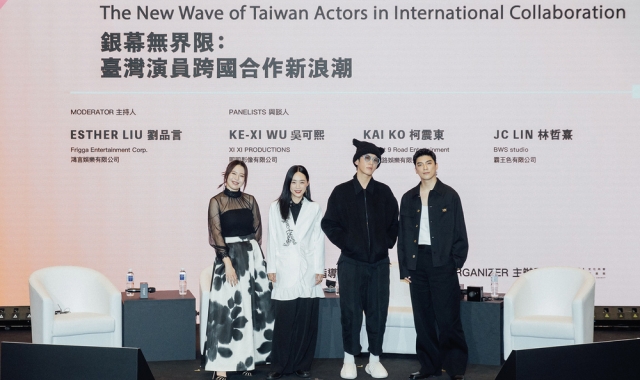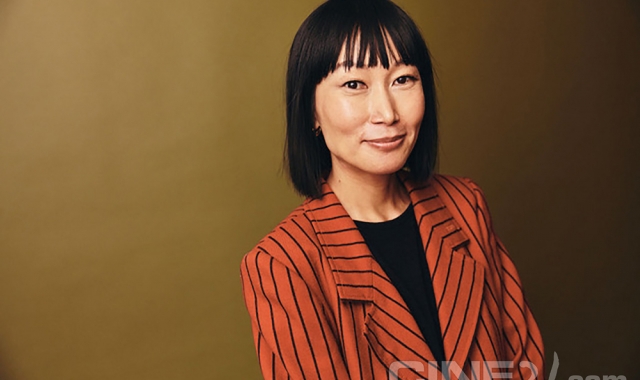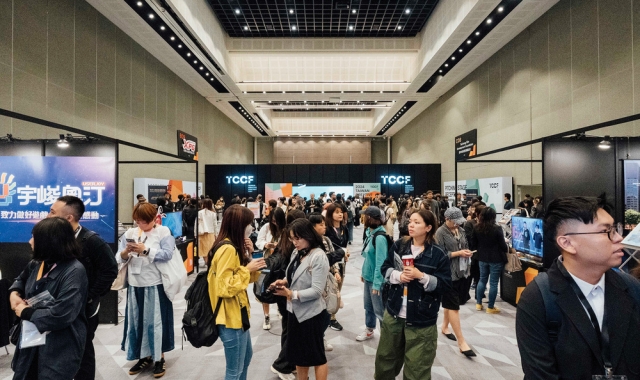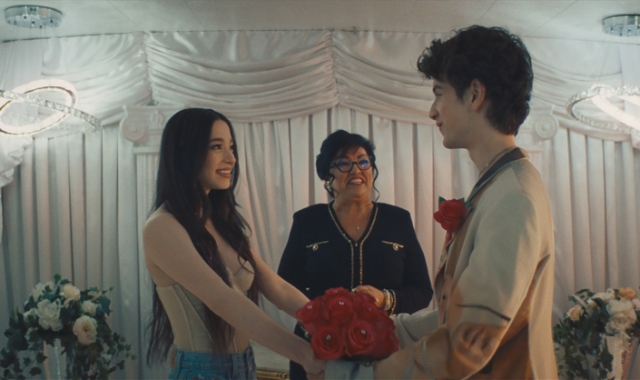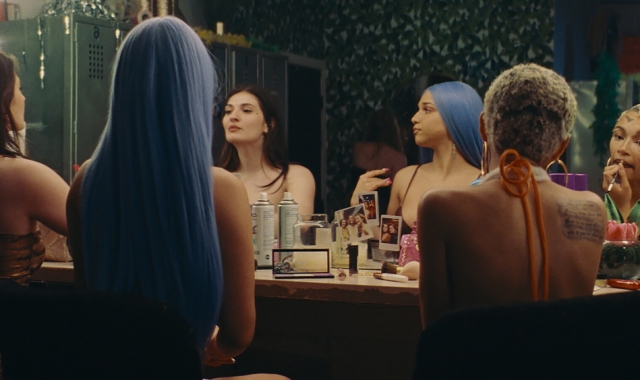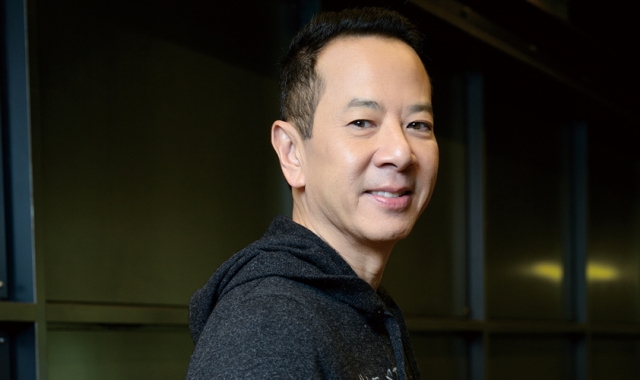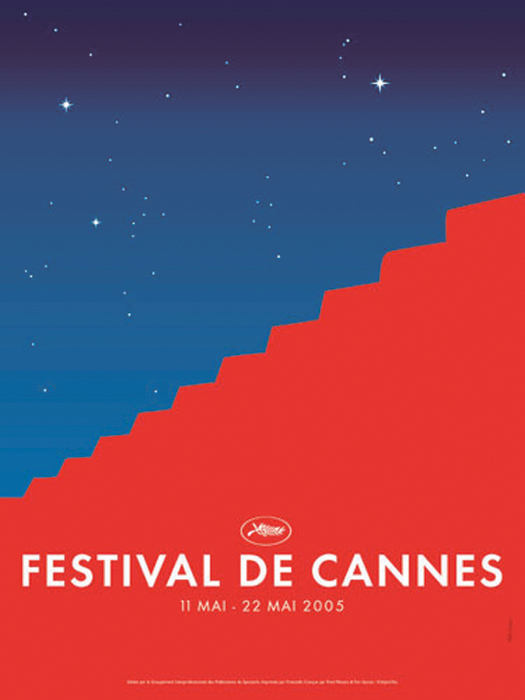
세계 영화에 대한 보통 때의 좁은 시야로 봐도 올해 칸의 공식부문 선정은 어느 해보다 심했다. 이번 선정은 파리의 영화 정치(평론쪽과 비즈니스쪽을 둘 다 아우름)에만 전적으로 관련되고 객관적 프로그램 선정과는 별로 관계없는 것이었다. 몇달 전엔 동아시아의 알려진 감독들 영화 여러 편이 시간 내에 준비되지 않을 것 같아 프로그램 선정에 문제가 있을 것 같아 보였다. 그렇지만 티에리 프레모 칸영화제 집행위원장은 결국 공식부문에 동아시아 장편 8편을 갖게 됐으며- 이는 10∼11편이 출품됐던 2004년, 2001년, 2000년보다는 적지만 존중할 만한 편수다- 영화제 전체로는 15편이 출품됐는데 거의 기록적이다.
큰 소식은, 좋기도 하고 나쁘기도 한데 한국 소식이다. 즉 기록적으로 5편의 장편이 전체 영화제에 출품된다는 것인데 공식부문과 감독주간에 각각 2편, 그리고 (조선족 장율 감독의) 1편이 비평가 주간에 들어갔다. 이것은 2000년 이후 한국이 칸에 가장 크게 진출하는 것인데, 그때는 경쟁부문의 <춘향뎐>이 이끄는 4편의 장편이 영화제에 두루 분배됐었다. 그러나 올해의 불리한 점은 경쟁부문에 한국영화가 없다는 것이다. 홍보와 공공의 이목에 있어서 관건은 경쟁부문 출품이다.
홀수 연도가 한국의 칸 진출에 불리한 것처럼 보이기 시작한다(2001년과 2003년에 경쟁부문은커녕 영화제 전체에 한국 장편이 단 한편도 없었다). 그런데 더 심각한 측면은, 칸의 프로그래밍 철학이 정확히 뭔지- 그리고 요즘 있긴 있는 건지- 알기가 어려워지고 있다는 것이다.
올해 영화제는 프레모 위원장이 프로그래밍을 맡은 다섯 번째인데, 그는 국제영화제 프로그래밍 경력이 전혀 없었던 프랑스 동남부 영상자료 보존자 출신이다. 그는 지난해에 정평이 있는 작가와 전형적인 “영화제 영화”들에서 벗어나 다양화하기 시작했으나, 이제 극단적으로 후퇴했다. 들리는 바에 따르면 그는 대중을 의식한 지난해의 줄타기 곡예 뒤 영화제에 더 전통적이고 무게가 있는 이미지를 살리라는 압력을 받고 있다고 한다.
문제는 프레모 위원장이 세계 영화와, 특히 동아시아 선정작에 대해 일관된 관점이 없어 보인다는 것이다.
첫째, 세계 주요 영화제 중 칸만이 유일하게 현대 일본영화가 아직도 특별한 관심의 대상이 된다고 여전히 주장하고 있다. 둘째, 경쟁부문 하나만도 아주 뜻밖의 동반자들을 지녔다. 두기봉 감독의 삼합회 드라마 <흑사회>(Election)는 일본 미니멀리스트 고바야시 마사코 감독의 최신작과 나란히 섰으며, 허우샤오시엔 감독의 <최호적시광>(The Best of Our Times)은 왕샤오솨이 감독의 시대물 러브스토리 <청홍>(Shanghai Dreams) 옆에 선다.
그러나 고바야시 감독, 허우 감독, 그리고 왕 감독 모두 칸의 총아들이며, 프레모 위원장이 지난해 허우 감독의 <카페 뤼미에르>를 거절한 다음 이 영화가 베니스영화제에서 비평가의 호평을 받은 이후로 관계 복구가 필요하기도 했다. 아직도 후반작업 중에 있는 허우 감독의 작품은 마지막 순간 30분 분량의 발췌본 비디오테이프를 바탕으로 선정됐다. 이중 경쟁부문에는 거절됐으나 체면을 살려주는 주목할 만한 시선 부문의 개막작 자리를 제공받은 김기덕 감독의 <활>보다 더 나은 영화가 있는가? 장르영화로 치면 <흑사회>는 비경쟁 “특별 상영”을 하게된 김지운 감독의 <달콤한 인생>보다 나은가? 한국은 아직도 칸 내실로 통하는 자동패스 열쇠를 쥐고 있지 않을지도 모르지만, 동아시아 선정작의 3분의 1을 출품하는 상황이니 그래도 올해 크로와제트 거리에서 목에 어느 정도 힘을 주고 걸을 순 있을 것이다.
Even by its usual blinkered view of world cinema, Cannes's Official Selection has outdone itself this year with a selection that has everything to do with balancing Parisian film politics (both critical and business) and very little to do with objective programming.
A few months ago, East Asia was looking problematic, as many films by known directors were not going to be ready in time. But artistic director Thierry Fremaux has ended up with 8 East Asian features in his Official Selection - fewer than 2004, 2001 and 2000, when there were 10-11, but a respectable number all the same. In the festival as a whole, there are 15 movies from the region, almost a record.
The big news, both good and bad, is South Korea's: a record 5 features in the whole festival, with 2 each in Official Selection and Directors' Fortnight, plus 1 (by Korean-Chinese director Zhang Lu) in Critics' Week. This is the country's biggest presence at Cannes since 2000, when four features, led by "Chunhyang" in Competition, were distributed evenly throughout the festival. However, the kicker this year is there's no Korean title in Competition - and that's what counts in terms of publicity and public profile.
It's beginning to look as if odd-numbered years are bad for South Korea at Cannes (in 2001 and 2003 there wasn't a single Korean feature in the whole festival, let alone in Competition). But on a more serious level, it's becoming difficult to know exactly what Cannes' programming philosophy is - and if it even has one nowadays.
This year's festival is the fifth programmed by Fremaux, an archivist from southeast France with no experience of programming an international film festival before he got the job. After starting last year to diversify from established auteurs and typical "festival films", he's now retreated with a vengeance, reportedly under pressure to give the festival a more traditional, weighty profile after last year's populist highwire act.
The problem is that Fremaux seems to have no coherent view of world cinema, least of all in his East Asian selection.
First, Cannes is the world's only major festival that still insists contemporary Japanese cinema is still of special interest. Second, the Competition alone has some very strange bedfellows: Johnnie To's triad drama, "Election," lies next to the latest film by Japanese minimalist Masako Kobayashi; Hou Hsiao-hsien's "The Best of Our Times" (hurriedly chosen on the basis of a 30-minute extract, as the film is still being edited) sits next to Wang Xiaoshuai's period love story, "Shanghai Dreams".
But Kobayashi, Hou and Wang are all Cannes favourites, and bridges needed to be mended after Fremaux rejected Hou's "Cafe Lumiere" last year and the film went on to critical acclaim at Venice. Hou's film, still in postproduction, was chosen at the last moment on the basis of a tape with 30 minutes of extracts.
Are any of these films better than Kim Ki-duk's "The Bow", which was turned down for Competition but offered the face-saving position of opening-night film in Un Certain Regard? As a genre film, is "Election" better than Kim Jee-woon's "A Bittersweet Life," which is getting a non-competitive "special screening"?
South Korea may still not have an automatic pass-key to Cannes' inner sanctum, but with a third of the festival's East Asian selection coming from the country, it can still walk pretty tall on the Croisette this year.
